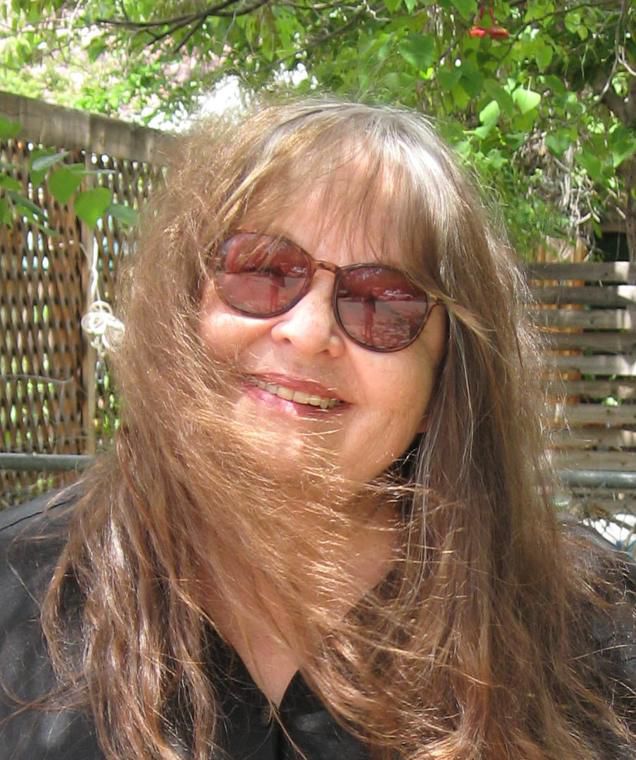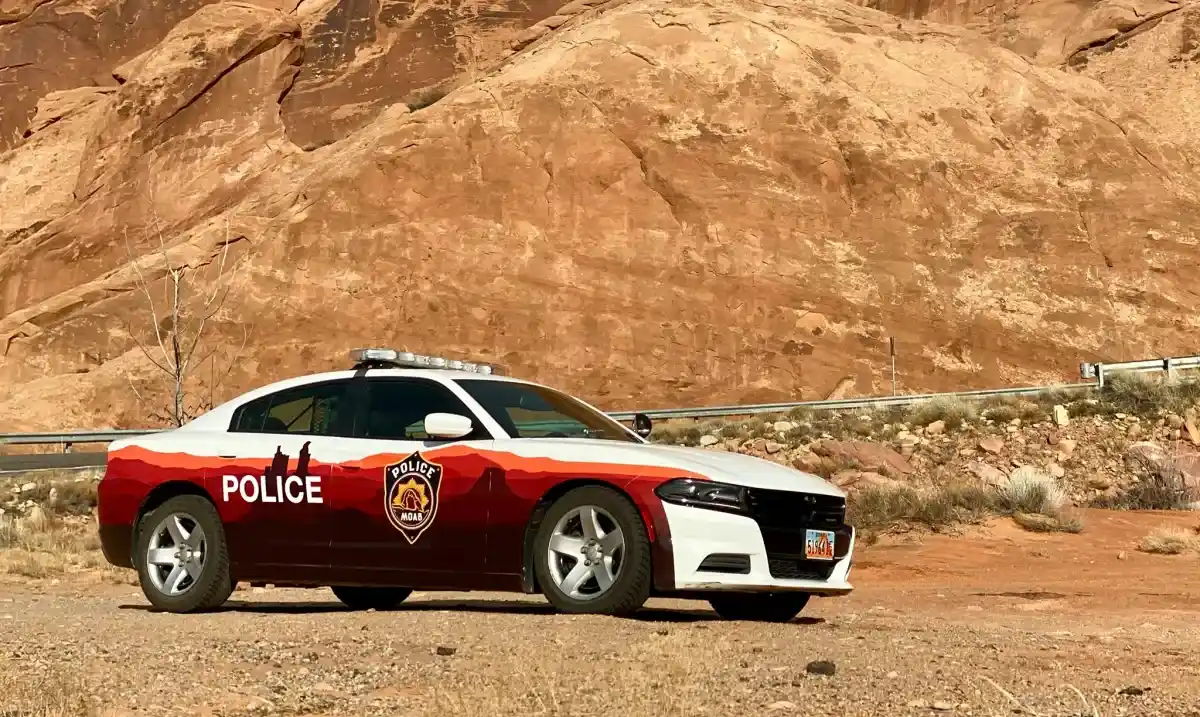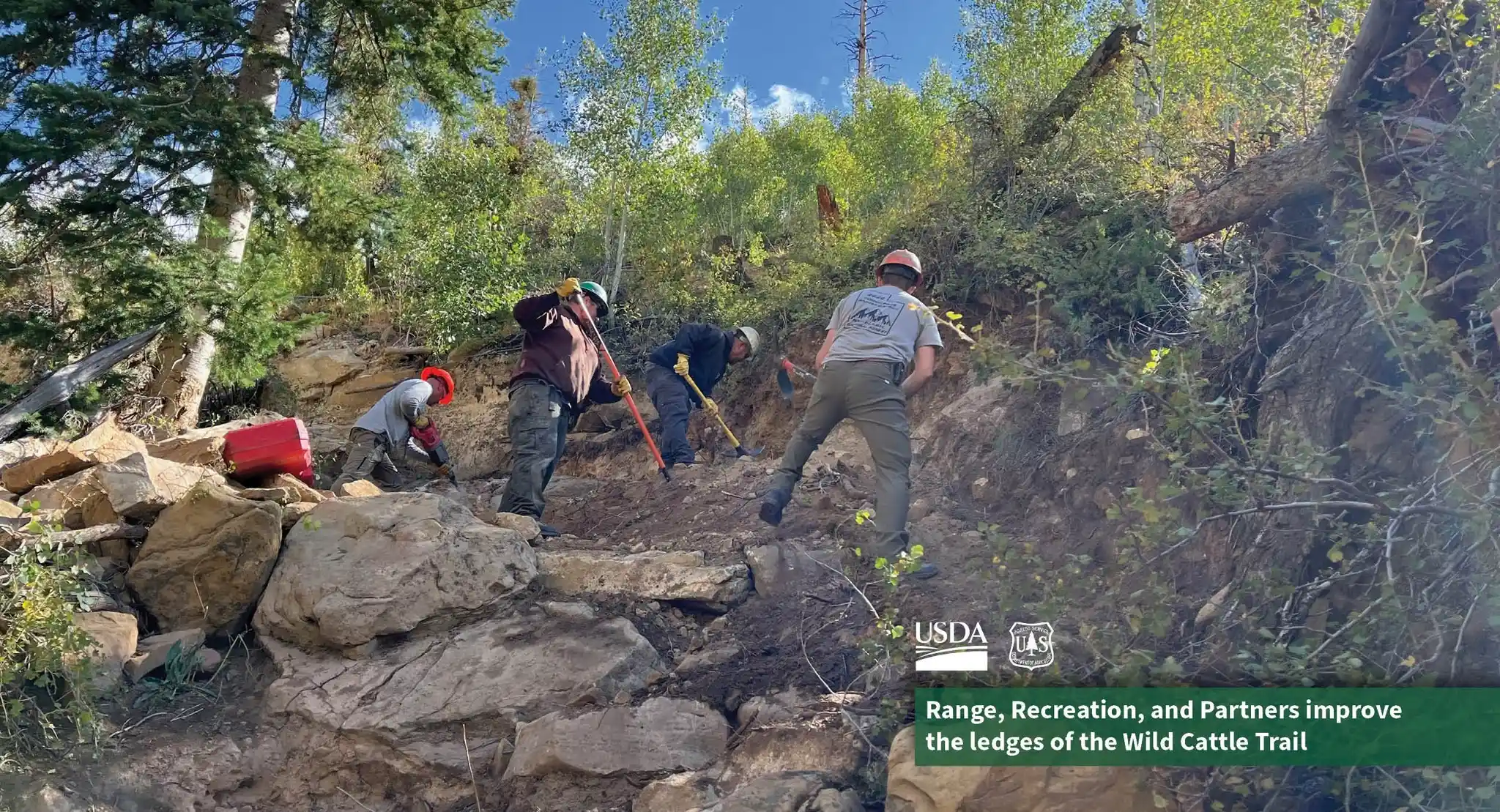Editor’s note: Friends announced the passing of Michaelene Pendleton on Jan. 21. She submitted this final column in the days before her death. A longtime contributor to the Moab Sun News, Pendleton gave permission for her final column to be published posthumously.
You’re driving down Main Street and the light turns red. You stop and while you’re waiting, glance at the car in the lane next to you. It’s an old Toyota driven by a gray-haired woman. Your glance moves on and by the time you’ve reached the next stoplight, you’ve forgotten about her. That’s because old women are invisible.
You don’t notice when you start becoming invisible; there’s no sea change, no trumpets and cheers and confetti. By the time you realize that you’ve become superfluous, it’s already happened. Unless you’re the matriarch of a family, you’ve been redacted.
An event where you’ve volunteered for years drops you from their contact list. When the chamber of commerce needs an organizer, they don’t call you. The city no longer asks you to host the Fourth of July event in the park. No one asks you to direct a play. Or advise a sports team. Or judge entries at an art show. Or a myriad of other things that your years of experience qualify you to do.
Our culture doesn’t revere the elderly, especially women. In other cultures, in other times, old women were valued for what their years of experience could bring to the problems of the present. Wise women held a favored place in the community. They had status and respect and were a vital thread in the fabric of public life.
These days, if your hair is gray and your face is wrinkled and you move in a shuffle, people look at you and see only the old person you’ve become. They assume that what they see today is all you’ve ever been. You are defined by your physical limitations. People are nonplussed when they find you used to race sports cars, or bicycled the Silk Road, or ran a fishing charter in the Caribbean, or climbed Denali, or programmed computers in the days of Fortran, Cobol and punch cards.
Even the young people who treat you with a modicum of respect have no idea that you weren’t always the crumbling wreck that you’ve become as the years take their toll on your physical husk. All they see is an old woman who fumbles with her wallet instead of just swiping a debit card. Who is holding up the line. Who is in their way when they’re in a hurry. You can see by the twitch of their eyelids and subconscious nudging movements their hands make, that they are being patient.
Getting older can be grim.
But there’s also an up side. When the blood cools, the brain has a chance to take over. All those years of experience and learning pay off in quite wonderful ways. You spend the first half of your life discovering how complicated the world is; in the last half, you discover how simple things really are. You learn that most of the melodrama you thought was of earth-shaking importance isn’t necessary. You’re able to view the world through the magnifying lens of experience, learning to distinguish the melody amongst the noise. Human interactions that used to overwhelm you are now put in perspective; you survived the trauma and came out the other side a little battered, but still whole. You get over worrying about what people think of you.
You can look in the mirror and see the ravages of age, but appreciate that you’ve still got a dynamite smile. You can worry about your thinning hair, or just be happy that you no longer have to spend hours trying to create an imposed idea of female perfection.
You can put invisibility to work for you. You can read all day. You can write your memoirs. You can become a crazy cat lady and surround yourself with fuzzy furbutts. You can do just what you want to do rather than what other people think you should do.
People accuse you of being “set in your ways.” There is some truth in that, but not for the reason most people assume. When you’ve been trying new things for seven decades or so, you have figured out what works for you. Sticking to a routine frees your brain from the everyday decision process and allows you to use that time in a more productive fashion.
You realize that the most important things are retaining a sense of humor, keeping open to new ideas and learning new things. You’ve learned grace and patience and how to be kind to those who really need a friendly word. Or maybe a hug. You can forgive people their shortcomings and enjoy what they can offer, even if it isn’t perfection. You can also look at the world and not be concerned about its future, because no matter how other people screw it up, you won’t be there to worry about it.
Michaelene Pendleton said she was surprised to have grown old in Moab. She grew up in the oil fields and experienced life in boomtowns from Texas to Alaska and worked at everything from waitressing to legal secretary to slimer in a fish cannery to put herself through college. She first came to Moab in 1954, where she eventually settled and retired after working as a mental health therapist. She became content with being a crazy cat lady and regularly wrote columns for the newspaper about inequality in the West.
“You spend the first half of your life discovering how complicated the world is; in the last half, you discover how simple things really are.”





